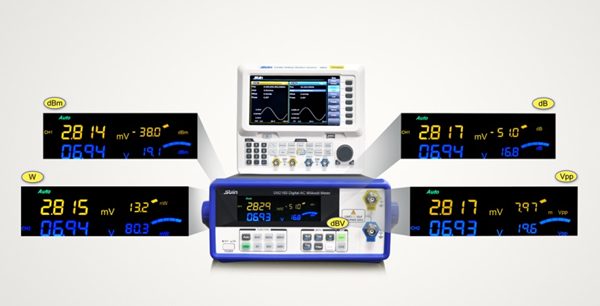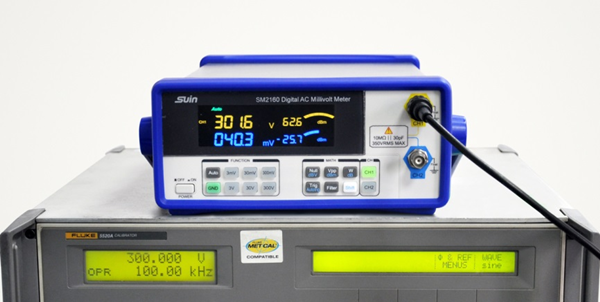The Evolution of Digital DC Millivoltmeters: From Analog to Precision
Millivoltmeters, an essential tool in electrical measurement, have undergone a remarkable evolution over the years. Originally, these instruments were analog, with limited precision and functionality. However, with advancements in technology, we've witnessed a significant shift from analog to digital DC millivoltmeters. This evolution has not only improved accuracy but has also opened up a world of new possibilities in the realm of electrical measurements.
The Analog Era:
Analog millivoltmeters, also known as galvanometers, were the pioneers in the world of voltage measurement. They relied on analog needle displays and simple mechanisms to indicate voltage levels. While they served their purpose, they had limitations in terms of accuracy and ease of use.
The Digital Revolution:
The digital era brought a wave of transformation to millivoltmeters. Digital DC millivoltmeters, commonly referred to as DMMs (Digital Multimeters), became the standard for precision and versatility. Here's how they have evolved:
1. Accuracy and Precision:
Digital millivoltmeters are renowned for their accuracy. They can measure voltage with a level of precision that was previously unattainable with analog counterparts. This precision is crucial in various fields, including electronics, engineering, and scientific research.
2. Auto-ranging:
One of the significant advantages of digital millivoltmeters is auto-ranging. This feature allows the instrument to automatically select the appropriate range for the measurement. This eliminates the need to manually set the range, simplifying the measurement process and reducing the risk of errors.
Further reading:Measurement & Analysis Instruments
3. Multiple Measurement Functions:
How to Use the Motor and Propeller Test Kit?
Pulse Function Arbitrary Waveform Generators: Versatile Tools for Signal Generation
Understanding the Role of Optical Domes in Optical Systems
Drone Engine Test Bench: Enhancing Efficiency and Performance
What are optical glass domes and their applications in various industries?
Choosing an IMU: FOG vs MEMS IMUs
Modern digital millivoltmeters offer a wide range of measurement functions, including voltage, current, resistance, frequency, and more. This versatility makes them a valuable tool for professionals in different fields.
4. Data Logging and Connectivity:
Many digital millivoltmeters come equipped with data logging capabilities and the ability to connect to a computer or other devices. This feature allows users to record measurements over time and analyze the data more effectively.
5. Portable and Compact:
Digital millivoltmeters are often more compact and portable than their analog predecessors. This makes them convenient for fieldwork and on-the-go measurements.
The Future of Digital DC Millivoltmeters:
As technology continues to advance, we can expect even more sophisticated digital millivoltmeters. These may include improved connectivity options, enhanced data analysis capabilities, and increased measurement precision. Moreover, the integration of smart features and applications is likely to become more common, making these instruments even more user-friendly.
In conclusion, the evolution of digital DC millivoltmeters has brought about a significant transformation in the field of electrical measurements. With unparalleled accuracy, auto-ranging capabilities, multiple measurement functions, and portability, these instruments have become an indispensable tool for professionals across various industries. As technology continues to progress, the future holds the promise of even more advanced and versatile digital millivoltmeters.
What are Advantages of Custom Optical Windows?
What Are Seismic Sensors?
Drone Motor Testing: Procedures and Performance Evaluation
Key Questions to Ask When Ordering Tank Tee
10 Questions You Should Know about Smart Seismic
Key Questions to Ask When Ordering 3 Channel Real-Time Seismic Data Logger by Smartsolo Inc.
Dive deep into the world of Hydrophone - 5hz Magic!
- Previous: Know the Features of the Multihead Weigher?
- Next: What Are Seismic Sensors?
- 0





